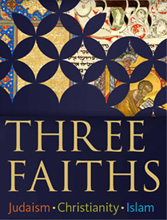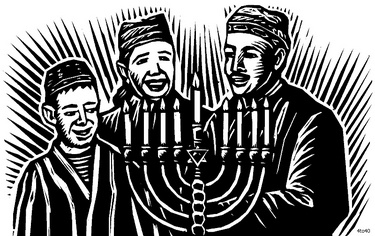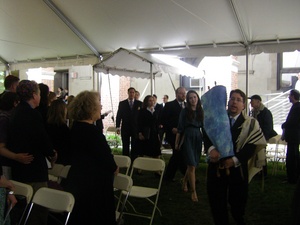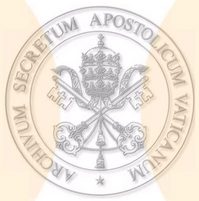A delegation of B’nai B’rth International met with Pope Benedict today in Rome. They had done the same 5 years ago (here is the Pope 18 December 2006 address). This meeting is a follow-up meeting of a February meeting held in Paris marking the 40th anniversary of official dialogue between the Holy See and the Jews. As in 2006 so today, the Pope has called Chrsitians and Jews to work more closely together on common projects of healing, spiritual and more values grounded in faith and works of charity for the good of the other. A portion of what the Pope said may be of some interest here:
The Paris meeting affirmed the desire of Catholics and Jews to stand together in meeting the immense challenges facing our communities in a rapidly changing world and, significantly, our shared religious duty to combat poverty, injustice, discrimination and the denial of universal human rights. There are many ways in which Jews and Christians can cooperate for the betterment of the world in accordance with the will of the Almighty for the good of mankind. Our thoughts turn immediately to practical works of charity and service to the poor and those in need; yet one of the most important things that we can do together is bear common witness to our deeply-held belief that every man and woman is created in the divine image (cf. Gen 1:26-27) and thus possessed of inviolable dignity. This conviction remains the most secure basis for every effort to defend and promote the inalienable rights of each human being.
In a recent conversation between delegations of the Chief Rabbinate of Israel and the Holy See’s Commission for Religious Relations with the Jews, held in Jerusalem at the end of March, stress was laid on the need to promote a sound understanding of the role of religion in the life of our present-day societies as a corrective to a purely horizontal, and consequently truncated, vision of the human person and social coexistence. The life and work of all believers should bear constant witness to the transcendent, point to the invisible realities which lie beyond us, and embody the conviction that a loving, compassionate Providence guides the final outcome of history, no matter how difficult and threatening the journey along the way may sometimes appear. Through the prophet we have this assurance: “For I know the plans I have for you, says the Lord, plans for welfare and not for evil, to give you a future and a hope” (Jer 29:11).



